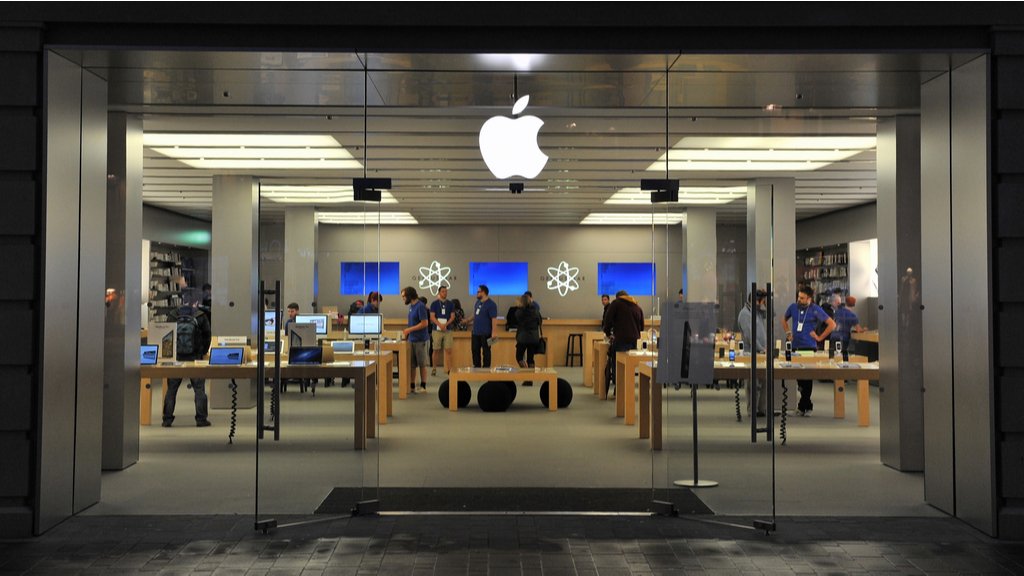Why Apple’s Crackdown On Ad Tracking Could Accelerate Influencer Marketing’s Rise

Apple introduced this year’s new version of iOS – the operating system that runs on iPhones – with its usual efficiency this summer, in the process also unveiling a raft of privacy-focused features that will be baked into the software. These features include a renewed crackdown on ad tracking.
Like many of Apple’s recent moves aimed at stemming curbs on user privacy, these changes in iOS 14, expected to release in full this autumn, look set to hit the ad industry particularly hard. Fortunately, though, online marketers could already have some saviours waiting in the wings.
How will iOS 14 take action against ad tracking?
With the public release of iOS 14, users will be given the option of sharing their approximate, rather than precise, location with apps. This could have implications for app makers looking to target iPhone users with advertising based on their location at a given time.
Last year, Apple enabled users to provide their location only once, thereby preventing apps from continually tracking them throughout the day, reports TechCrunch. However, with iOS 14, users will even be able to bar apps from tracking them at all.
Consequently, advertisers could find themselves noticeably more restricted in the data – and types of data – they can collect about iPhone owners.
Influencers have a big place in our privacy-focused world
Apple has long made a big priority of protecting its customers’ data. In recent years, the company has implemented intelligence tracking prevention technology and allowed Safari users to install software that blocks ads and trackers from loading.
However, another development that has emerged in recent years, and that could provide a valuable, privacy-conscious alternative to marketers previously heavily reliant on user data, is influencer marketing. This is where influential figures on social media are tasked with promoting products or services on behalf of the companies that offer them.
Forbes contributor Michael Fertik reports that, over the last three years, Google searches for the term “influencer marketing” have increased by 1,500%. The market for influencer marketing is tipped to hit $15 billion in value by 2022, and for good reason: it works.
According to Nielsen’s Consumer Trust Index, 92% of consumers trust influencer marketing over traditional advertising. This statistic helps to explain why the former delivers 11 times better return on investment (ROI) than comparatively conventional marketing strategies.
Why influencers are becoming more and more relevant
Today, consumers – especially young consumers – distrust celebrity endorsements, with which influencer marketing shouldn’t be confused.
While certain celebrities – including Kim Kardashian West and Kylie Jenner – have been classed as influencers, they also include “micro-influencers” of somewhat more moderate reach but surprisingly strong effectiveness.
Research indicates that micro-influencers can achieve 60% better engagement and 22% higher conversion rates than influencers of immense social media clout. Therefore, it can be relatively straightforward for a business to forge a partnership with the right influencer – especially if an influencer marketing agency helps with that task.
For example, Socially Powerful are a global influencer marketing agency who can help to ensure compatible matches between brands and influencers.




